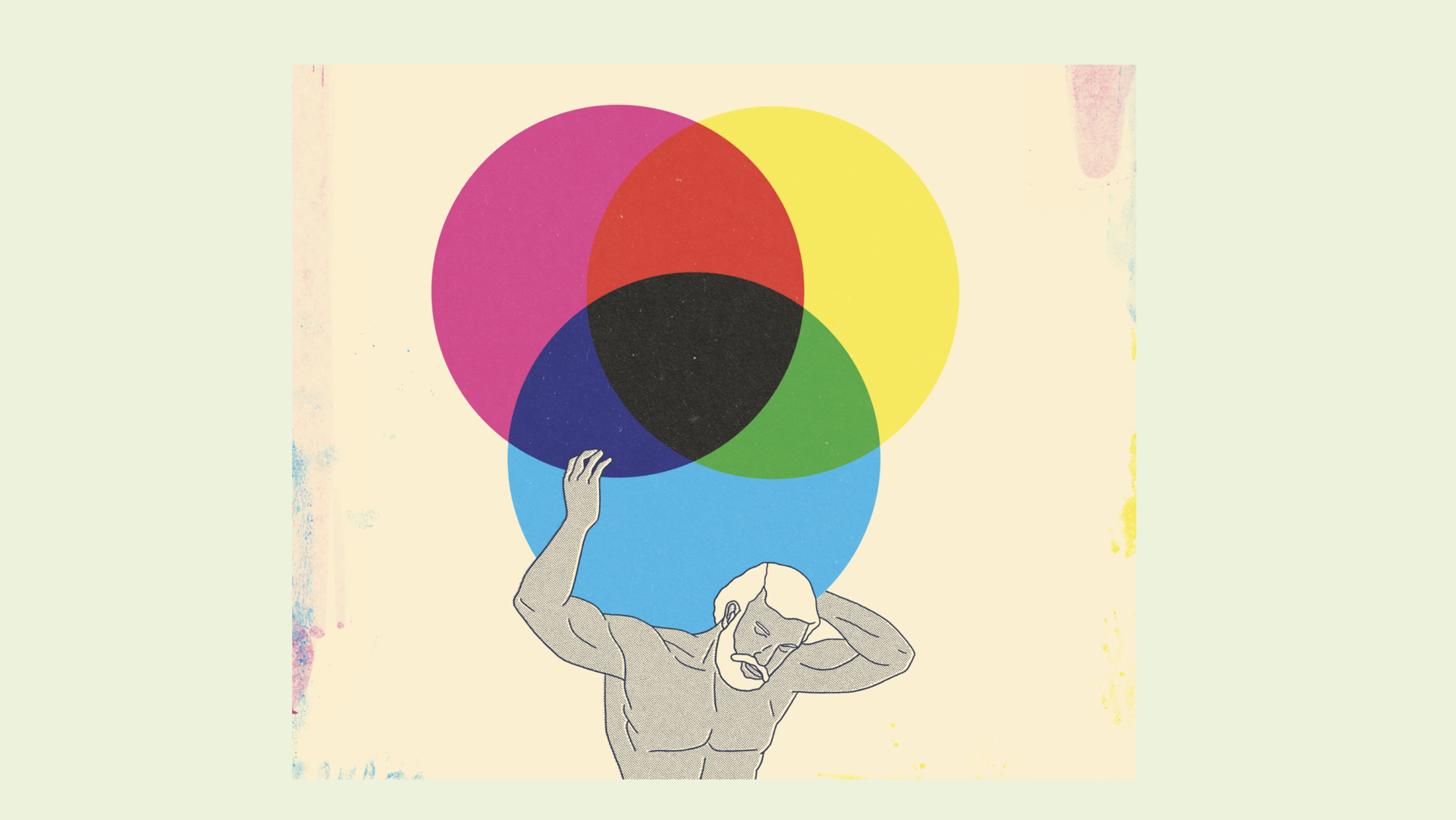In February 2015, a photograph of a dress went viral. All over the world, viewers disagreed for weeks over whether the dress was actually striped black and blue or white and gold. Eventually, the picture’s authors confirmed it was black and blue, but since then there’s been a huge amount of discussion and research into how and why some viewers saw the dress differently to others.
It’s hard to imagine that two people in separate corners of the globe might see a rainbow differently or not see it at all the way we see it, but colours have had (and continue to have) a number of meanings across cultures and time. Take, for example, the colour yellow. In this country, it is evocative of sunshine and happiness but in Japanese culture, it represents bravery and wealth. In France, on the contrary, yellow represents jealousy and betrayal.
One of the most interesting things I learned whilst researching my book was the difference between how the ancients perceived colour and how we understand it now. Say the word ‘colour’ and we might think of colour groups, or even a colour wheel, whereas the ancient Greeks saw colour from light to dark. 3,000 years ago, colour was viewed in a wholly linear way.
It’s in ancient Greek literature after all that we encounter the most famously perplexing description of colour. In Homer’sThe Iliad (and later, in The Odyssey) the Aegean Sea is described as ‘wine-dark’, which raises the question of whether, when we look at the sea today, we’re seeing it entirely differently to how the ancient Greeks saw it. Of course, theories abound as to why this phrase was used. Some scholars have claimed that Homer took poetic licence with this description because there was no word for blue in ancient Greece, whilst others have put it down to the fact that the ancient Greeks were colour blind.
If Homer really did think the sea was ‘wine-dark’, does this mean that he understood and experienced the world in an entirely different way from us? I’m not so sure. People react to colour instinctively. We either like or don’t like certain colours – no matter how we see them – and we don’t need words to explain why. Our emotive response to colours was there well before language developed; before we gave them names.
The artist Josef Albers observed: ‘If one says ‘red’ and there are fifty people listening, it can be expected that there will be fifty reds in their minds. And one can be sure that all these reds will be very different.’ I’ve always liked this quote. It reminds me that no two people see colour – or the world around them – in the same way. And I think that’s something we should celebrate.






